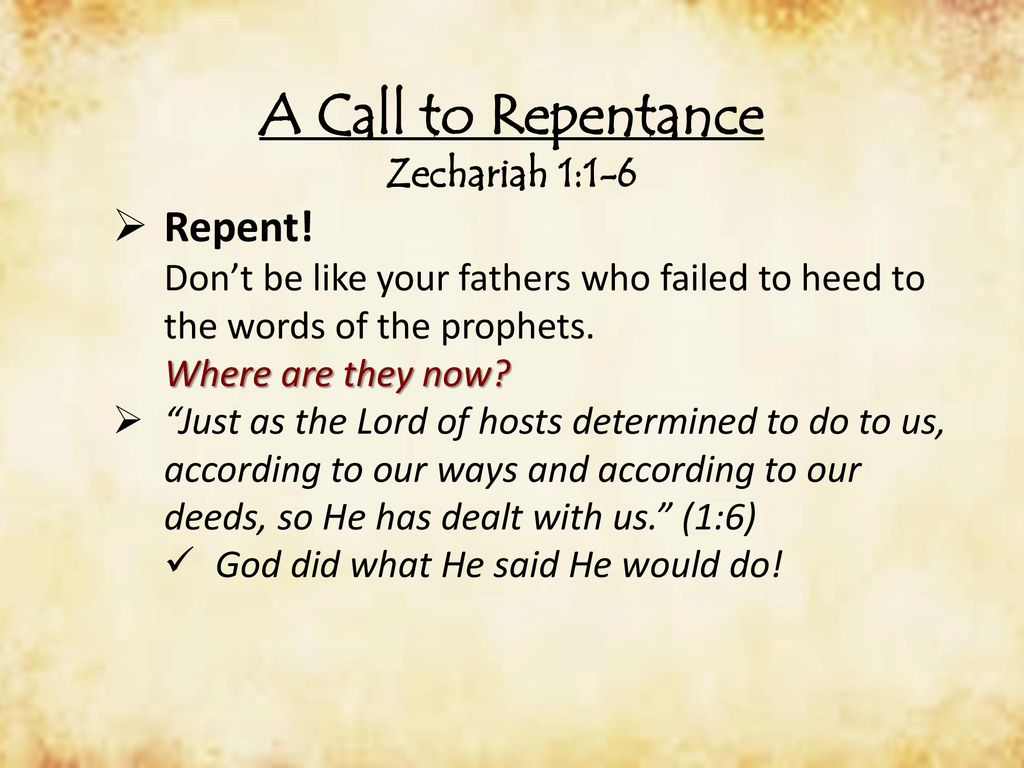Six
centuries before the birth of Christ, the prophet Isaiah foretold that a new
name would be given to the people of God. The prophet wrote, “And the nations shall see thy
righteousness and all kings thy glory: and thou shall be called by a new name,
which the mouth of Jehovah shall name” (Isaiah 62:2). The
Lord was going to give his people a new name! This prophecy is fulfilled in
Acts. By this time Jesus had come, gave his blood for the sins of the world,
and resurrected from the dead. The church had been established and the gospel
was being preached among the nations. Thus the stage was set for the giving of
this new name, an in Acts
11:26 we read, “The
disciples were called Christians first in Antioch”.
The
name Christian is not a term of derision. Rather, this is the new name which
God gave to His people. It is a name to be worn with joy and with thanksgiving.
The apostle Peter wrote, “If
a man suffer as a Christian, let him not be ashamed; but let him glorify God in
this name” (1
Peter 4:16). A Christian is one who follows the example of
Christ both in word and deed. By this behavior one is identified with Christ.
We see this from what was said about Peter and John in Acts 4:13. “Now as they observed the confidence
of Peter and John and understood that they were uneducated and untrained men,
they were amazed, and began to recognize them as having been with Jesus.” This
is what it means to be identified with Christ. Many people followed after Jesus
during His earthly ministry, yet few followed His words and His example. In
fact, most feared to be identified with Him.
To
be identified with Christ is to be in a covenant relationship with Him.
Jeremiah had prophesied of the day when God would “make a new covenant with the house
of Israel, and with the house of Judah.” (Jeremiah 31:31).
Jesus was the mediator of that new covenant (Hebrews 12:24). His laws would be
written upon the mind and heart of His people (Jeremiah 31:33; Hebrews 10:16). This
pointed to the fact that their consciences would be purged from sin (Hebrews 10:2; 2 Peter 1:9).
Jesus would purge our sins with His blood (Hebrews 1:3). This is why Jesus, after
observing the Passover with His disciples, took a cup and said, “this is My blood of the covenant,
which is poured out for many for forgiveness of sins” (Matthew 26:28).
Entrance
into this covenant relationship is by means of the new birth that Jesus spoke
of in John 3 to
Nicodemus. The Lord said, “Verily,
verily, I say unto thee, Except one be born anew, he cannot see the kingdom of
God” (John
3:3). When Nicodemus failed to understand the new birth, Jesus
explained it more fully by saying, “Verily,
verily I say unto thee, Except one be born of water and the Spirit, he cannot
enter into the kingdom of God.” (John 3:5). Notice
from John 3:5 that
Jesus spoke of the new birth in connection with entering into the kingdom of
God. This indicates that the new birth could not occur unless the kingdom of
God had been established. Jesus also taught in Matthew 7:21 that
entrance into the kingdom was conditioned upon obedience to the will of the
Father. He said, "Not
everyone that saith unto me Lord, Lord, shall enter into the kingdom of heaven;
but he that doeth the will of my Father which is in heaven".
From
these texts we learn several things. We see that the new birth is an act of
obedience to the will of the Father and that entrance into the kingdom is by
obedience. Further we see that entrance into the kingdom is identical with
entrance into a covenant relationship. Therefore, entering into a covenant
relationship with God is an act of obedience.
Jesus
told Nicodemus that he needed to be ‘born anew’. There was something for
Nicodemus to obey in being born anew. How would this happen? When would
Nicodemus undergo this new birth? It would happen in the manner that Jesus
explained to the apostles. The kingdom of God would come ‘with power’ from on
high. The apostles were to wait in Jerusalem until this happened. When this
power came upon THEM (the apostles); they would preach words of repentance and
remission of sins. (Luke 24:47-49). They
would explain how remission is connected to the blood of Jesus. Everyone who
was saved in the book of Acts was ‘born anew’ in like manner as Nicodemus.
In Acts 10 Cornelius,
we find a good moral man who was not a Christian (Acts 10:2, 22). Yet
Cornelius had not been ‘born of water and of the Spirit’. An angel of God was
sent to tell him ‘words’ THAT PERTAINED TO BEING BORN ANEW (Acts 11:14). He
would need to obey these words, like as Nicodemus. Cornelius was told the same
words as Nicodemus.
To
exercise one’s faith by obedience to these words is to obey the gospel. Those
who will be eternally lost are those who do NOT obey the gospel (2 Thessalonians 1:8).
While there are many who do not know God, many who know God have not obeyed the
gospel commands that pertain to being born anew. Those who have are known in
Glory by this new name: Christian.
2/27/22

